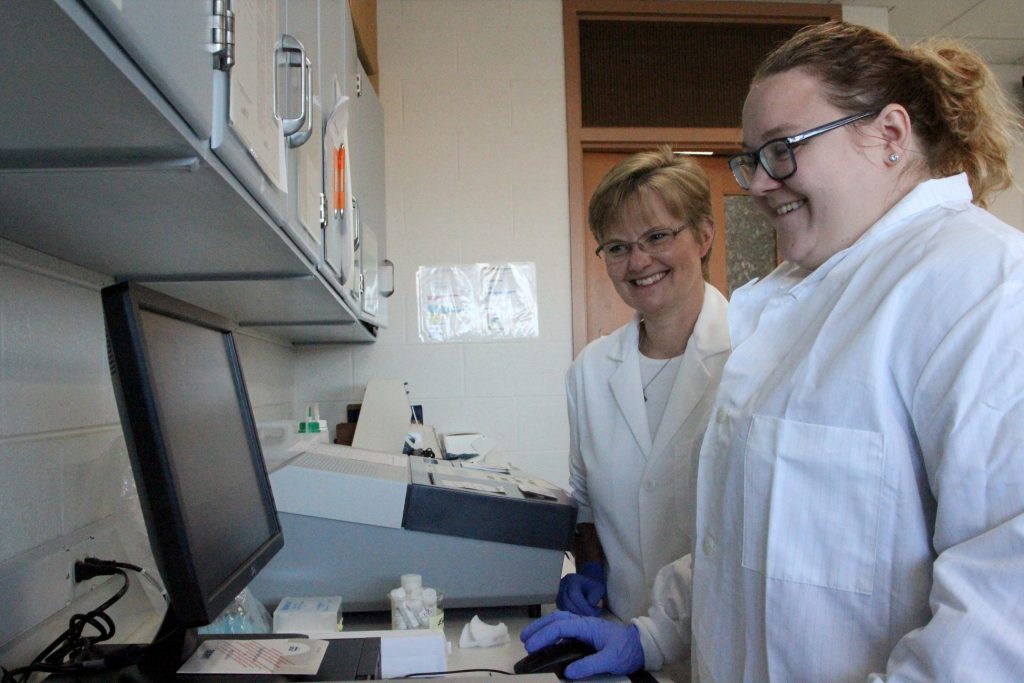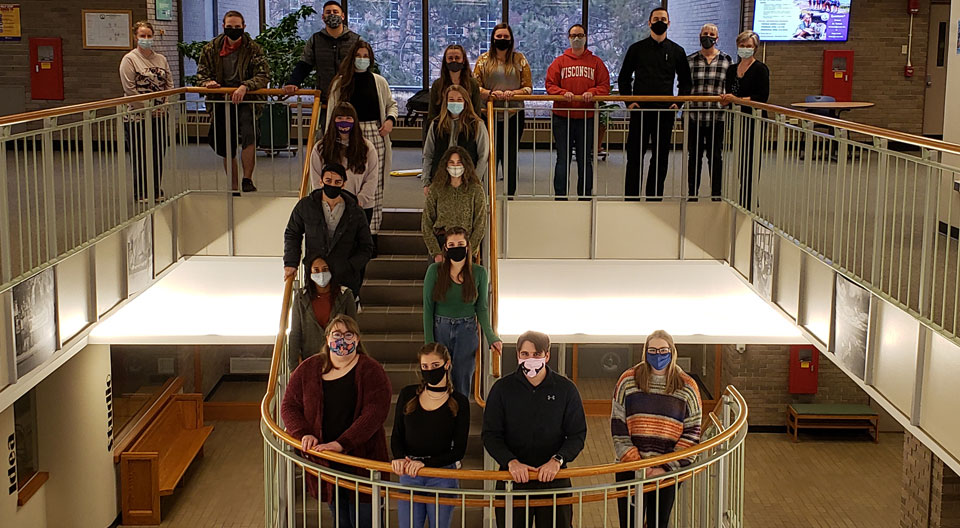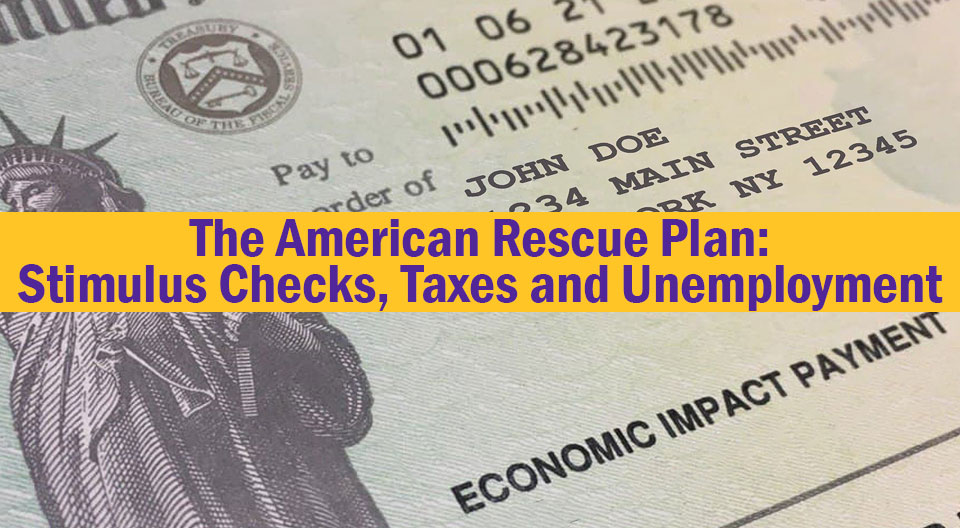The University of Wisconsin-Stevens Point School of Education celebrated teachers and future educators in the virtual Oscar W. Neale Celebration of Teaching and Learning on Monday, April 26. The School of Education awarded 76 awards totaling $104,125 as student award winners, alumni teachers, donors and cooperating teachers were recognized in a video presentation. Scholarship Descriptions […]
More...Tag Archives: Stevens Point
2021 School of Business and Economics Virtual Scholarship Presentation
The UW-Stevens Point School of Business and Economics handed out $108,975 through 78 scholarships as well as multiple awards to students and faculty at its 2021 Virtual Awards Presentation Friday, April 23 via an online video. The School of Business and Economics is accredited by the Association to Advance Collegiate Schools of Business (AACSB), ranking […]
More...Xiong-Vang earns 2021 CPS Heroes Award for impact in Wausau
UW-Stevens Point MBA student Lada Xiong-Vang is leaving a positive impact on her community for future generations by applying what she is learning as a graduate student to economic development projects in Wausau. Lada is a true community leader with roles in the Central Wisconsin Hmong Professionals organization and the Diversity Affairs Commission of Marathon […]
More...The Future of the Medical Laboratory Professions
We’ve all likely heard the statistic: 70% of medical decisions are based on laboratory diagnostics. During Medical Laboratory Professionals Week, aka “Lab Week” we are reminded of this and other ways we make meaningful impact in patient care. It’s a week of celebration, but also a week to heighten the visibility of our careers, as […]
More...Embracing Opportunity by Belief in What’s Next
Since my span of formal engagement with the UW-Stevens Point MBA program came to a conclusion, it’s as if I haven’t stopped realizing and therefore discussing the nearly routine life changes I’ve experienced over the last several months–job transitions, marriage and relocation to name a few. I think it’s only fair to mention that when […]
More...Be All The Things Scholarship announces endowment goal
UW-Stevens Point MBA Candidate Quyen Hom announced her Be All The Things Scholarship for BIPOC and non-traditional students is now in a public fundraising campaign with a goal of raising $50,000 for the endowment with the UWSP Foundation. Queyen is currently the owner of Assembly Shop and is serving as the MBA Entrepreneur in Residence. […]
More...DPT Curriculum Retreat
Progress is key when it comes to physical therapy … and that’s exactly what happened during the Doctor of Physical Therapy (DPT) curriculum retreat this week as core faculty, affiliated faculty and an advisory board member reviewed every course, every classroom, every lab and every piece of equipment to prepare for a launch date of May 2022, […]
More...Women’s History Month: Saluting UW-Stevens Point faculty and staff – Maggie Beeber
Maggie Beeber has dedicated her career to advising and helping license students as teachers as the School of Education Undergraduate Advising Coordinator and Teacher Certification Officer. It was the job she never knew she wanted. As an elementary education major at UW-Stevens Point in the late 80s, she worked in the school’s office, assisting students […]
More...2021 Clinical Laboratory Science placement signing day
After an extensive interview process with health care organizations, 19 students in the clinical laboratory science (CLS) program at the University of Wisconsin-Stevens Point are set to be placed at facilities around the state for six- and nine-month clinical practicums beginning in fall 2021. [View Photos] Current students and graduates of the clinical lab program […]
More...The American Rescue Plan: Stimulus Checks, Taxes and Unemployment
The American Rescue Plan has been signed into law by President Biden. To obtain passage by both the House and Senate, the Act was modified from what was initially proposed by the Biden Administration. The modifications include lower income limits for stimulus eligibility and the elimination of any increase in the minimum wage. This blog […]
More...









